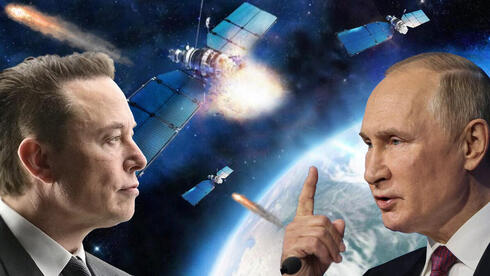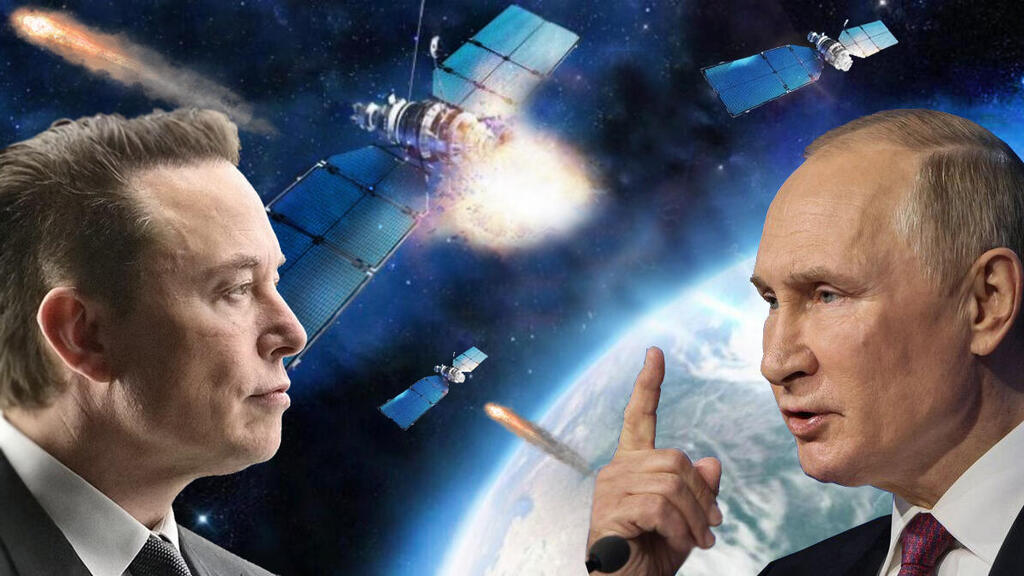
Analysis
In Musk we trust? Starlink is a double-edged sword in modern warfare
The geopolitical implications of a single individual controlling a worldwide communication system are far-reaching and concerning
In the grandiose action films of the 1980s and 1990s, icons like Sylvester Stallone, Arnold Schwarzenegger, or Steven Seagal equated to entire armies. Drop them into the heart of hostile territory armed with nothing more than a submachine gun and a knife clenched in their teeth, and within 90 to 110 minutes, they would have annihilated the enemy army, captured the head of state, and brought peace to the world (at least until the sequel).
This was merely a Hollywood fantasy 40 years ago, but today, it's a daily reality that even contemporary action heroes can't fathom. Today, an individual can influence wars, sabotage, and disrupt entire armies without parachuting into the jungle and opening fire. All they need is to sit in an air-conditioned office and press a button. That person, as you've likely guessed, is Elon Musk.
Musk doesn't possess bulging muscles, his accent isn't Austrian but South African, and he doesn't radiate the sex appeal of a traditional action star. Yet Musk possesses something these stars could only dream of: a global constellation of Internet satellites that has become a pivotal component of Ukraine's battlefield communications in its conflict with Russia. He wields absolute control over where and when this satellite network operates.
The Starlink satellite internet system, a division of Musk's SpaceX, launched its first satellites into space in 2019, with launches occurring almost every week since then. Today, Musk controls over 4,500 active Internet satellites in orbital orbit around Earth, representing 50% of all satellites providing satellite connectivity to approximately 60 countries. The ambition is to expand this network to 42,000 satellites, achieving worldwide coverage.
Following Russia's destruction of Ukraine's traditional communication infrastructure, Starlink has emerged as a top-tier strategic asset. The Ukrainian army uses it for coordinating drone strikes and gathering intelligence. Hospitals, aid organizations, and businesses also depend on this system for their daily operations.
However, the availability of the system depends solely on Musk's goodwill and isn't always guaranteed, as recent reports indicate. According to Walter Isaacson's new biography of Musk, a renowned biographer responsible for Steve Jobs' definitive biography, in 2022, Musk thwarted a Ukrainian attack on the Russian fleet near the Crimean peninsula by disabling Starlink in the area. This action prevented military drones reliant on satellite connections from operating. Musk confirmed these details on Twitter (X), stating that allowing the connection would have involved SpaceX in a significant war. The accuracy and implications of Musk's statement are open to debate, but the primary concern is clear: a powerful global communication system, capable of influencing geopolitical events with far-reaching consequences, is controlled by one individual who operates it according to undisclosed considerations, without being answerable to anyone else.














